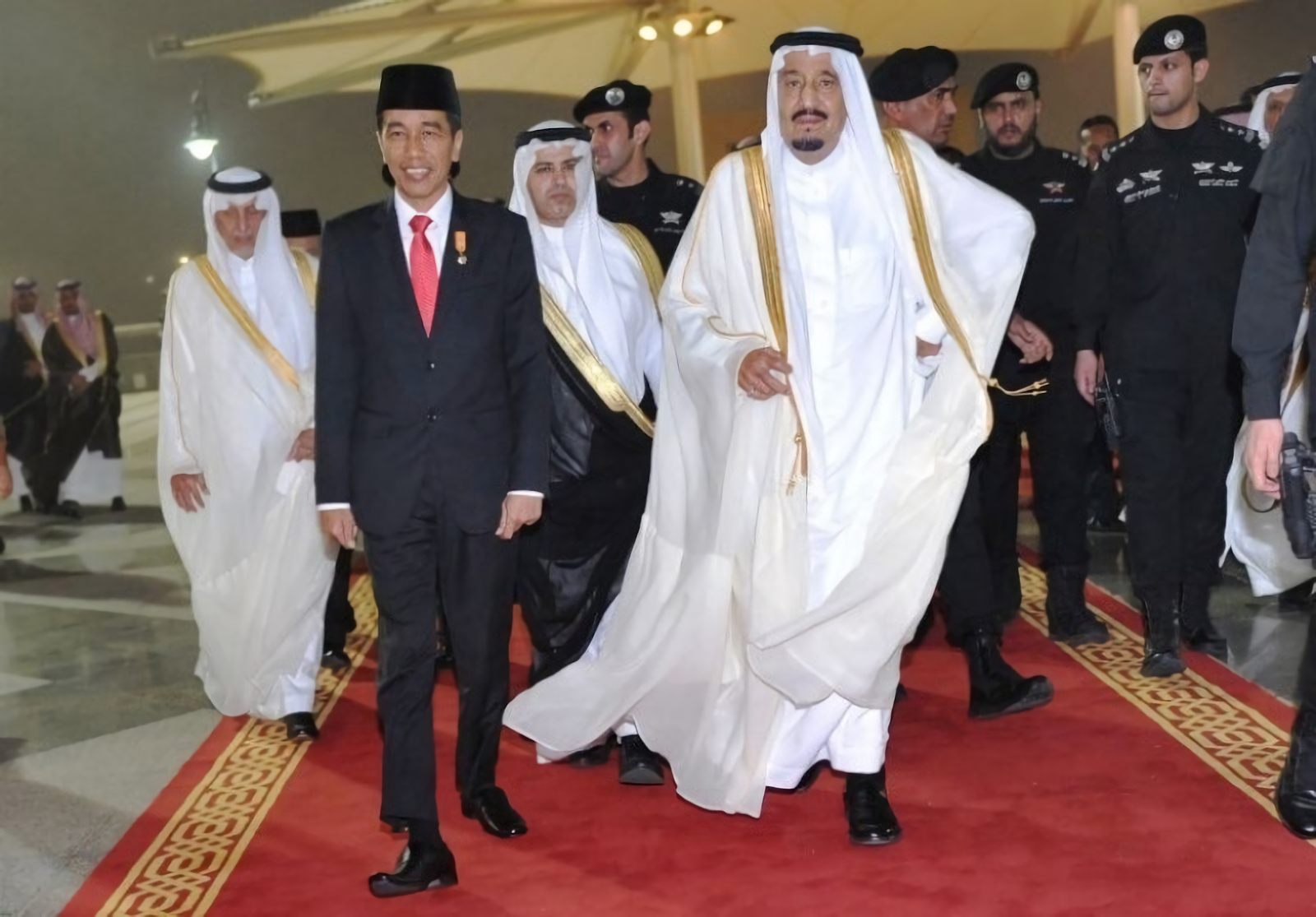TSCFWA -- Madagascar is a country of paradoxes. It lies just 400 kilometres off the coast of Africa yet appears to have been colonised only within the last 1500 years. Stranger still, it now looks as if most of the women in that first population came from Indonesia rather than Africa.
We know from language and culture that modern Malagasy have African and Indonesian ties. To identify Madagascar’s “founding mothers”, Murray Cox of Massey University in Palmerston North, New Zealand, and colleagues analysed mitochondrial DNA from 266 Malagasy and 2745 Indonesians. This mtDNA is inherited from mothers.
Their results suggest Madagascar’s initial population contained around 30 women of reproductive age, with roughly 93 per cent of their genes indicating ties to Indonesia. Such a small population suggests they may have colonised Madagascar after crossing the ocean by accident.
Cox says that accidental crossings of the Indian Ocean are not without precedent. “In the second world war there was bombing around Java and a lot of that wreckage – including in one case a survivor in a life raft – actually washed up on Madagascar,” he says. “So you could imagine a boat being blown off course in Indonesia and making it to the island.”
Earlier theories had suggested that initial colonisation of Madagascar was planned, because the island made a convenient port of call on the silk road – an ancient trading route that ran across African and Eurasia. “We need to rethink a lot of our ideas about how Madagascar was settled,” says Cox.
Peter Forster at the University of Cambridge points out that the initial population was not pure Indonesian, suggesting the first people arrived in Madagascar via a generation of interbreeding with Africans. His earlier work suggests the DNA of the first population was just 60 per cent Indonesian. However, he studied fewer living Malagasy and analysed shorter sections of DNA – although his analysis included members of four Malagasy ethnic groups, while Cox studied just three.
Cox now wants to repeat his simulations with Y chromosome data to work out how many men were in the first population. “This isn’t just a story of the women.”
More

















